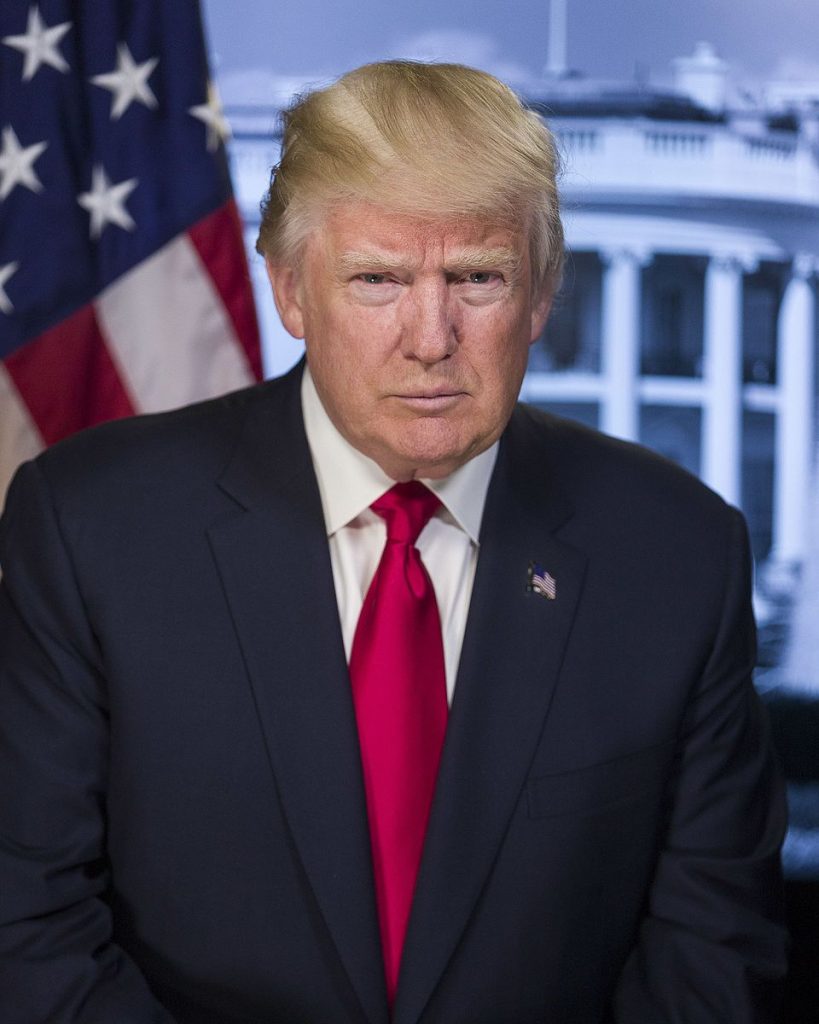Supreme Court Upholds Blocks on Travel and Refugee Bans
This morning, Monday, June 26, the U.S. Supreme Court denied in part and granted in part the Trump Administration’s request to stay the injunctions issued against the travel and refugee bans by the Fourth and Ninth Circuit Courts of Appeal.
The travel ban and refugee ban remain blocked and will not go into effect for people with a “bona fide” connection to the United States.
If it had gone fully into effect, the travel ban would have prevented nationals of six Muslim-majority countries from entering the United States for 90 days, and the refugee ban would have prevented all refugees from any country from entering the United States for 120 days.
In the same order, the court also granted discretionary review (called certiorari) to hear arguments regarding the underlying merits of the lower court decisions. These arguments will be focused on the substantive issues considered by both the Fourth and Ninth Circuits, including whether the travel and refugee bans exceeded the Trump Administration’s authority under the Immigration and Nationality Act and whether the Executive Order violates the Establishment Clause of the First Amendment.
“The important thing is that by a vote of 6-3, today’s order continues to block implementation of the travel and refugee bans for people with a connection to the United States,” said Attorney General Chin. “This means people such as students accepted to the University of Hawai‘i and Dr. Elshikh’s family may still enter the country. Immigration into the United States should not be restricted due to religion or national origin.”
Oral arguments are scheduled before the United States Supreme Court in Washington, D.C. during October 2017. Briefing will take place over the summer.
A copy of today’s Supreme Court order can be downloaded here.
Sponsored Content
Comments






_1770333123096.webp)


